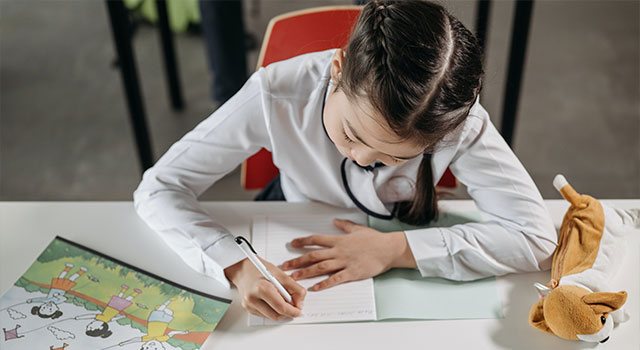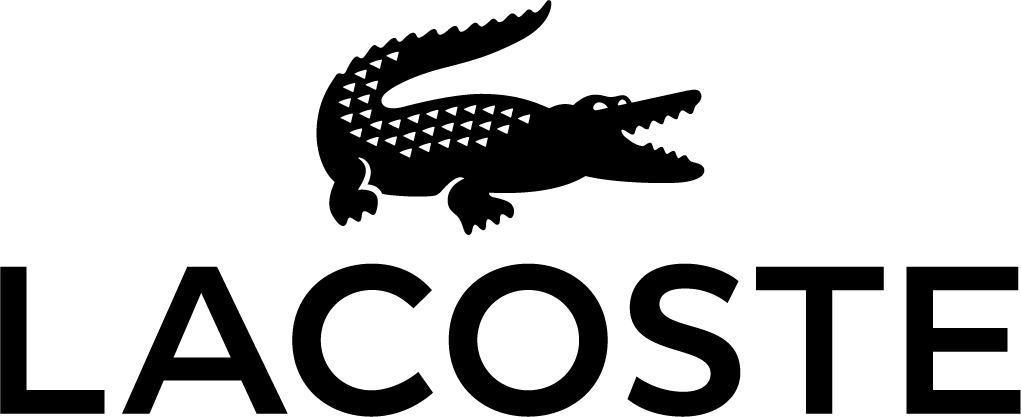
Some kids find school easy, while others struggle to keep up with their peers in school, both academically and socially. They may also have trouble following instructions and completing tasks. Moreover, ‘slow learners’ often have low self-esteem and may avoid reading and participating in sports.
If your child appears to be struggling in school, it’s easy to assume that the problem is linked to ADHD or a learning disability. What many may not realize is that problems with the visual system often mimic ADHD and learning disabilities.
The only way to rule out or determine whether your child has a problem with their visual system is by scheduling a functional eye exam for a full visual assessment. If the eye doctor diagnoses any problems with your child’s visual skills, such as eye tracking or convergence insufficiency, Vision Therapy Center at The Solution Center of Professional VisionCare in Lewis Center will recommend vision therapy to enhance any lagging visual skills and help your child reach their full academic potential.
The Impact of Poor Visual Skills on Your Child’s Education
Just about every school-based activity, from reading from a textbook or the classroom whiteboard to catching a ball during recess, requires good eyesight and other well-developed visual skills.
If your child’s eyes don’t work together as a team, reading and studying become a struggle. Poor visual skills can also lead to headaches and tired, sore eyes. Moreover, catching a ball becomes nearly impossible if your child’s eyes can’t track moving objects.
Unless visual skills deficits are addressed, a child can fall farther and farther behind at school. This, in turn, can affect self-confidence and success in life.
What Are the Most Important Visual Skills For School?
All visual skills play a role in ensuring that your child reaches their potential in school. Poor vision involves more than just visual acuity (the ability to see clearly). A child with poor vision may also experience issues with:
- Hand-eye coordination – the brain’s ability to process visual information and tell the body how to move
- Eye tracking – following words on a page
- Eye teaming – moving the eyes together in sync
- Depth perception – being able to see in 3 dimensions
- Peripheral vision – being able to see things at the edges of your visual field while looking straight ahead
Some common conditions that can be successfully treated with vision therapy include:
- Double vision
- Lazy eye (amblyopia)
- Crossed eyes (strabismus)
- Convergence insufficiency
So, How Can Vision Therapy Help?
Vision therapy is a type of treatment that uses customized eye exercises and activities to enhance visual skills.
Many people compare vision therapy to physical therapy, but for the visual system (the eyes and the parts of the brain that control vision).
Vision therapy aims to get the visual system to learn how to correct itself by improving communication between the eyes and the brain. At Vision Therapy Center at The Solution Center of Professional VisionCare in Lewis Center we diagnose and enhance any lagging visual skills so your child can learn and read and enjoy school.
Frequently Asked Questions with Dr. Carole Burns
Q: How many sessions of vision therapy are needed before seeing results?
A: A vision therapy program can last anywhere from a few weeks to several months. Often, within the first few sessions, patients notice improvements in their vision skills.
Q: What can parents do to help a child struggling to read?
A: If your child is struggling to read and is falling behind in school as a result, there are a few avenues you can explore to help:
- Talk to your child about school and the problems they’re having
- Look for signs of a vision problem, such as headaches and eye fatigue
- Schedule a comprehensive eye exam with your child’s eye doctor and follow through on their recommendations































